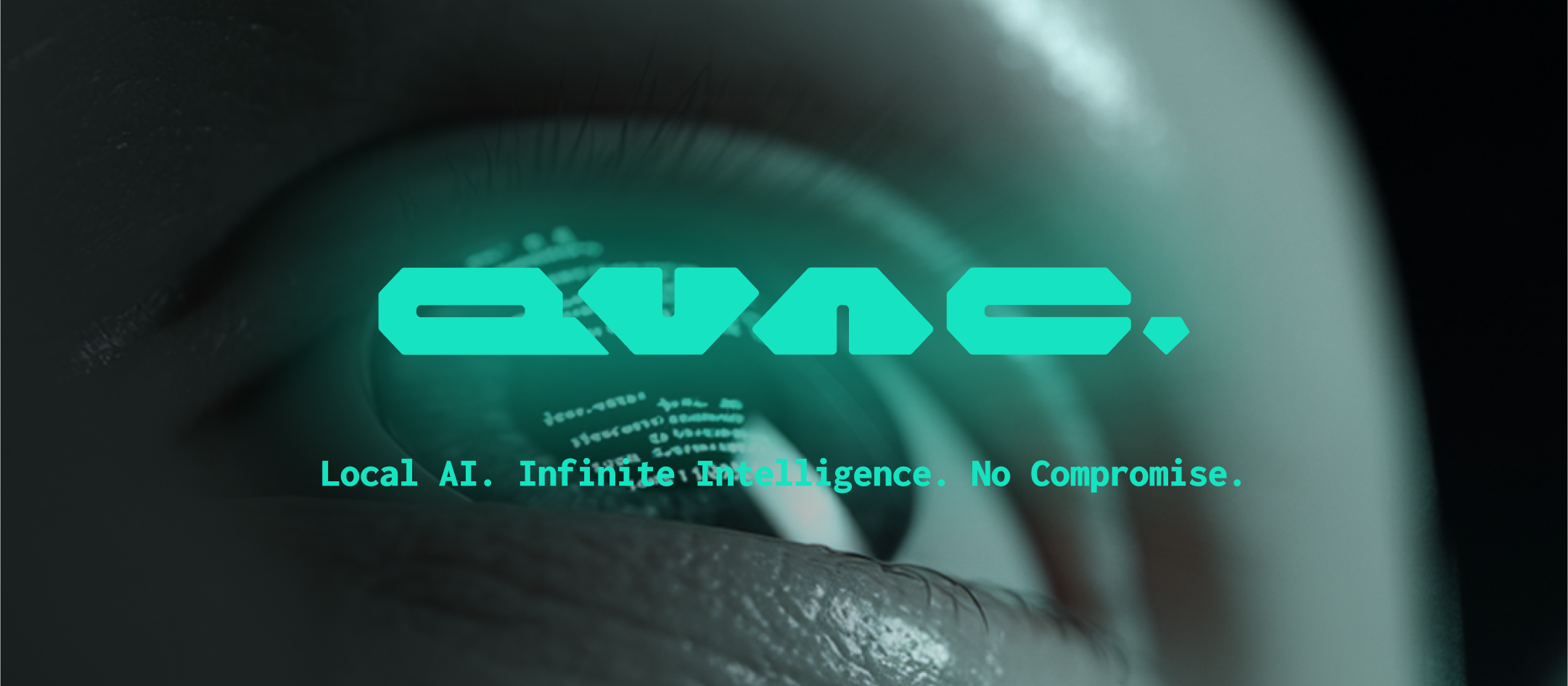Tether, the company best known for issuing the world’s most widely used stablecoin (USDT), is branching deeper into emerging technologies with the announcement of QVAC, a decentralized platform designed to host and run artificial intelligence agents on local devices.
In a bold move aimed at disrupting the centralized AI landscape, QVAC (Quantum Virtual Autonomous Computing) promises to empower users to deploy and interact with intelligent agents directly on personal and embedded devices — without relying on centralized servers.
A New Frontier for AI
Tether CEO Paolo Ardoino revealed the project in a statement this week, emphasizing that QVAC will allow individuals and developers to host AI agents in a secure, peer-to-peer environment. This approach contrasts starkly with current industry norms, which typically depend on powerful cloud-based systems and centralized data centers.
“QVAC is about taking back control of AI,” Ardoino said. “We believe the future of intelligent systems lies in decentralized, local-first architecture — where people can run, own, and trust the agents working on their behalf.”
Timeline and Vision
According to Tether, a full-scale launch of QVAC is expected in Q3 2025, with early applications and use cases slated to roll out ahead of the main release. These preliminary apps will offer a glimpse into the platform’s capabilities, potentially ranging from AI-powered assistants to autonomous agents for finance, communication, and IoT devices.
QVAC’s architecture is being designed to support fully offline operation, leveraging a peer-to-peer network model to share, update, and coordinate AI models without centralized intermediaries. This not only enhances privacy but also opens the door for development in underserved or low-connectivity regions.
Implications and Opportunities
Tether’s pivot into decentralized AI marks a significant evolution in its strategic vision, expanding far beyond stablecoins and blockchain infrastructure. It aligns with growing global interest in open-source, decentralized alternatives to large language models and cloud-based AI services dominated by tech giants.
While technical specifics remain under wraps, industry observers are watching closely to see how QVAC might contribute to the growing movement for user-sovereign AI — especially at a time when concerns over data privacy, centralization, and algorithmic control are reaching new heights.
As the AI arms race accelerates, Tether’s QVAC initiative may position the company as a key player in shaping a more decentralized, democratized future for artificial intelligence.


